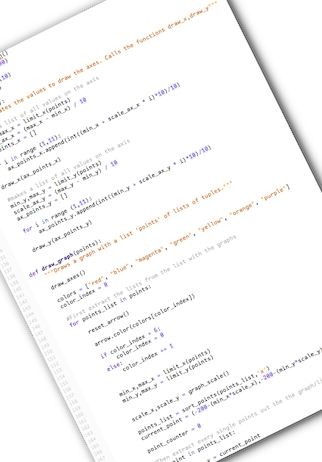
MySQL is a prominent open source database management system used to store and retrieve data for a wide variety of popular applications. MySQL is the M in the LAMP stack, a commonly used set of open source software that also includes Linux , the Apache web server , and the PHP programming language. Per installare MySql è necessario installare i pacchetti mysql - server e mysql -admin, reperibili dai repository ufficiali.
Whilst the default configuration of MySQL provided by the Ubuntu packages is perfectly functional and performs well there are things you may wish to consider before you proceed. MySQL is designed to allow data to be stored in different ways. These methods are referred to as either database or storage engines. Dopo aver visto come installare e configurare PHP, ora è il turno di MySQL server , un Relational Database Management System (RDBMS) tra i più diffusi e performanti.
I’ll be covering two ways you can install MySQL in Ubuntu 18. There is a bigger step that you’ll have to add to the process, but nothing to worry about. In the previous tutorial we installed PHP on Ubuntu 18. In this section, I’ll cover how to install MySQL Server on Ubuntu 18.

MySQL is the most popular and widely used relational databases in the World today and is commonly used with PHP to create dynamic web sites. The Ubuntu MySQL client can install as a stand-alone command-line tool, for example, you can install mysql server on one computer and the client package on another computer running Ubuntu operating system. In that case you need to use -h flag with mysql client to indicate the server IP address or domain name.
MySQL utilizzando il repository ufficiale di Ubuntu con apt. ProxySQL is a SQL-aware proxy server that can be positioned between your application and your database to create a caching layer to optimize MySQL queries. In this tutorial, you will use ProxySQL to set up transparent caching for a MySQL server on Ubuntu 16.
MySQL is an open-source relational database that is free and widely used. It is a good choice if you know that you need a database but don’t know much about all the available options. This article describes a basic installation of a MySQL database server on the Ubuntu operating system.
In this guide we will install and configure MySQL on Ubuntu Server 18. MySQL is the world’s most popular open source database, enabling the cost-effective delivery of reliable, high-performance and scalable Web-based database applications. I need to remove it and delete it from my server as I have no use of MySQL server. How can I uninstall MySQL on a Ubuntu based systems?
Oracle MySQL Cloud Service. My solution was to completely remove MySQL from Ubuntu 13. I had to run the last command because Ubuntu sometimes keeps some libs even you try to purge them all. Summary: in this tutorial, you will learn step by step how to install MySQL 8. Update package index. Execute the following command to update the.
Questa guida spiega come automatizzare il backup dei database MySql attraverso un apposito script che crea ed archivia i backup. The following command will install the latest MySQL 5. The MySQL web server will be started automatically as soon as the installation is completed. Ubuntu repositories: sudo apt install mysql - server. To verify if the installation has been successful and if MySQL is running on your server , you can execute the following. MySQL is a popular database management system used for web and server applications.
This guide will introduce how to install, configure and manage MySQL on a Linode running Ubuntu 14. Next, download the latest package information from all configured repositories, including the recently added MySQL repository. Then run the following command to install packages for the MySQL community server , client and the database common files.
Next, we are going to install MySQL Server as our Database server. Assegnamo al nostro server il nome host. Fig,03: Harden MySQL server on Ubuntu The mysql _secure_installation command will change the root passwor disable and remove anonymous users from MySQL server , turn off the MySQL root user login remotely, delete test database, and reload privilege tables on the system.
If you’ve completed all of the steps and answer yes to these questions.
Nessun commento:
Posta un commento
Nota. Solo i membri di questo blog possono postare un commento.